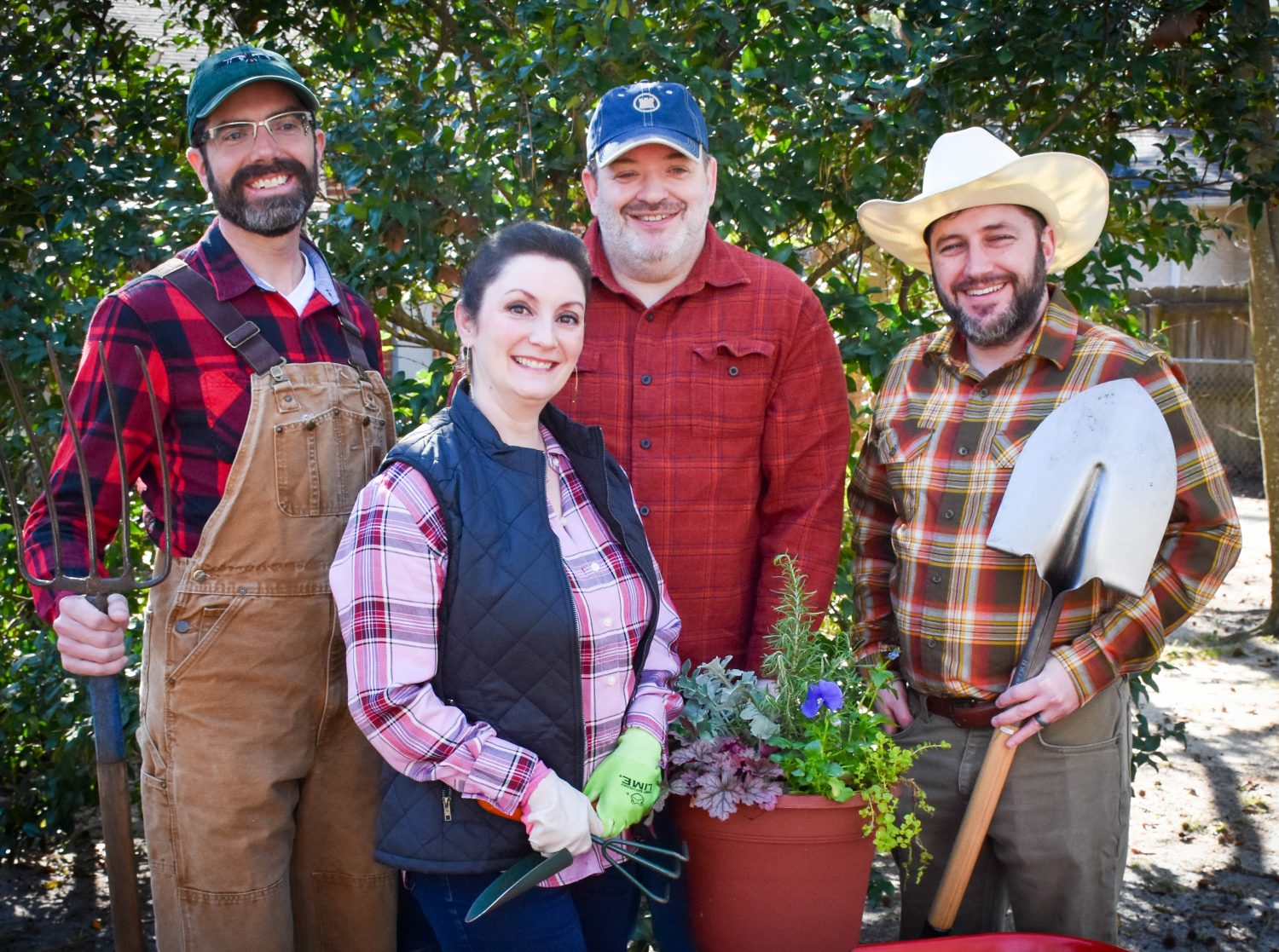
Our Advance Sheet from August 10 contained two Court of Appeals easement cases involving adjoining commercial properties in Murrells Inlet. This blog will discuss the first of the two cases*. Next week, we’ll take up the second case. A footnote in the first case indicates the parties were heading to trial again immediately after oral arguments. These neighbors are obviously not getting along!
The litigation involves a restaurant property owned by Gulfstream Café, Inc. and an adjoining property containing a marina, a store and a parking lot owned by Palmetto Industrial Development, LLC. Palmetto’s predecessor in title granted four non-exclusive easements in 1986 and 1990 to Gulfstream. The easements allowed for ingress and egress and vehicular parking. It was anticipated that the marina property would use the parking primarily in the daytime and the restaurant property would use the parking primarily in the evening.
The easements included general warranties, the same language that appears in our normal general warranty deeds: “(A) does hereby bind itself and its successors and assigns, to warrant and forever defend, all and singular, the said easement unto (B), its successors and assigns, against itself and its successors and assigns, and all others whomsoever lawfully claiming, or to claim the same or any part thereof.” This language is consistent with South Carolina Code §27-7-10.
The question in this case is whether the easement holder (the grantee) is entitled to attorneys’ fees in connection with litigation against the easement grantor’s successor in title based on the easement. In many deed warranty cases, the grantee sues the grantor when a third party asserts an interest in the real estate. In this case, the only parties are the owners of the adjoining properties.
The relationship between the parties began to sour in 2016 when Palmetto demolished and started to rebuild its building. Gulfstream brought suit for interference with its easement and received a temporary injunction. Palmetto was subsequently held in criminal contempt for willfully violating the injunction.
In 2018, Gulfstream filed a complaint against Palmetto seeking a declaratory judgment based on interference with the easement and a finding that Palmetto breached its warranty. This case sought attorneys’ fees and costs. Later in 2018, a jury found for Gulfstream on its claim for interference in the 2016 case.
Both parties moved for summary judgment in the 2018 case. Gulfstream argued that the plain language of the warranties provided for Palmetto’s obligation to defend Gulfstream. Palmetto relied on the language of the warranty provision and a 2004 South Carolina Supreme Court case, Black v. Patel**.
In analyzing the arguments, the Court of Appeals began with the proposition that in South Carolina, the authority to award attorneys’ fees can only come from statute or contract. Next, the Court stated that a warranty of title is a contract on the part of the grantor to pay damages in the event of a failure of title. Generally, when a grantor refuses to defend the title against a third party claiming title, the grantee is allowed attorneys’ fees. The general rule for cases in this context, according to the Court, is that only ‘lawful”—that is successful—claims asserted against title justify an award of attorneys’ fees where the grantor fails to defend the title.
A footnote in the Black case set out an exception to the general rule. The grantor would also be responsible for attorneys’ fees where its wrongful act causes the grantee to be in litigation with a third party.
The question in this case became whether the warranty provision in Gulfstream’s easements provide that Gulfstream is entitled to attorneys’ fees from Palmetto. The Court held that the answer is “no” because Gulfstream’s title is not in issued. Palmetto did not dispute the Gulfstream has easements over Palmetto’s property, rather, Palmetto, at worst, has been infringing upon Gulfstream’s rights. Gulfstream’s actual title was not challenged and there is not a third party involved as contemplated in Black.
The Court did not that its decision does not prevent Gulfstream from seeking attorneys’ fees in future contempt actions as a sanction if Palmetto continues to infringe upon Gulfstream’s rights. In other words, the Court seems confident that litigation between these parties will continue.
I’m going to have to go eat seafood in Murrells Inlet to check out these properties!
*The Gulfstream Café’, Inc. v. Palmetto Industrial Development, LLC., South Carolina Court of Appeals Opinion 5935 (August 10, 2022).
**357 S.C. 466, 594 S.E.2d 162 (2004).


